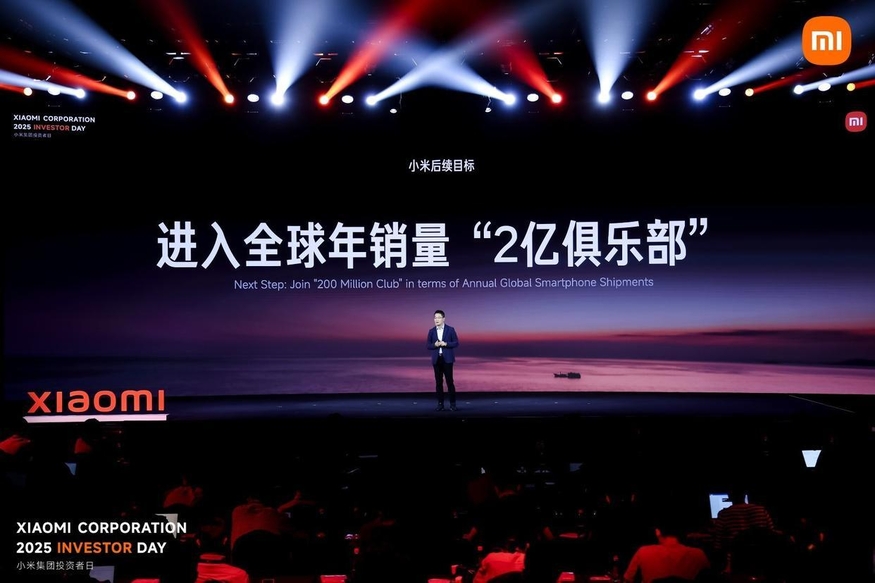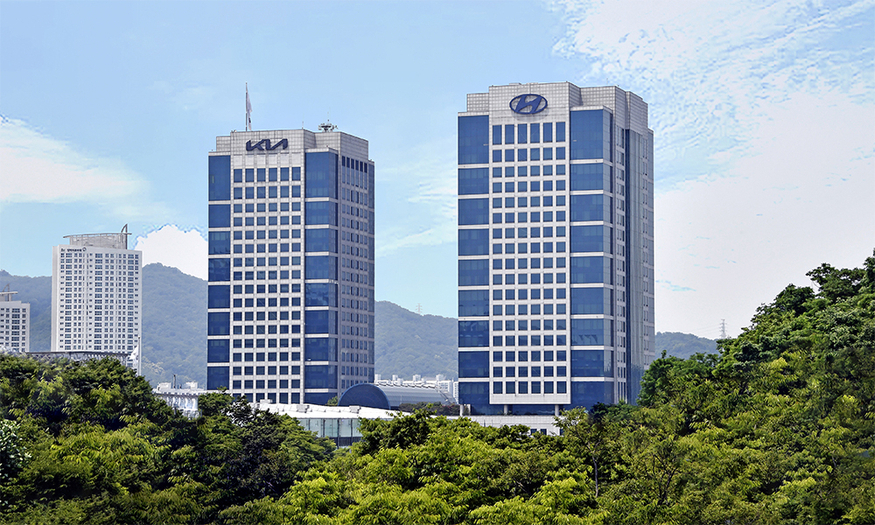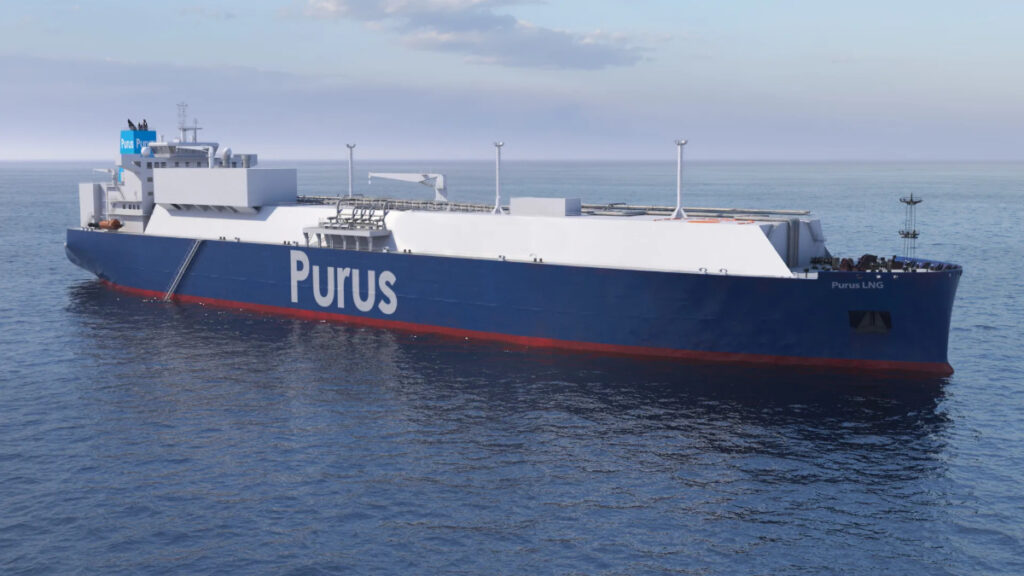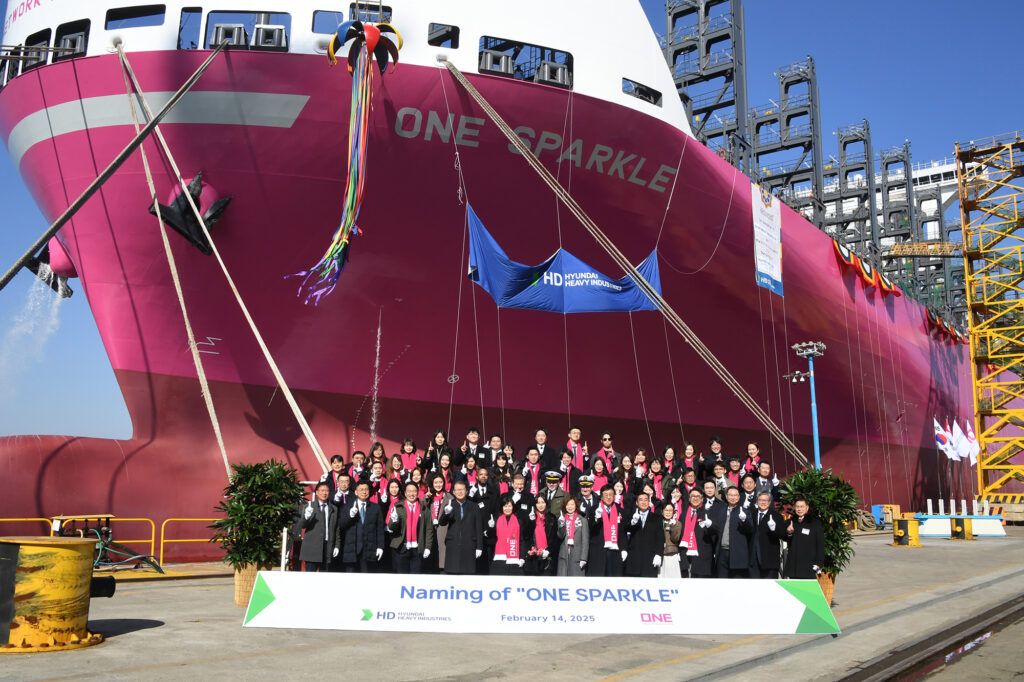
Kim Seung-yeon is the chairman of Hanwha Group, one of South Korea’s largest conglomerates.
Early Life and Education
Kim Seung-yeon was born on February 7, 1952, in Cheonan, South Korea. He graduated from Kyunggi High School in Seoul before pursuing higher education in the United States, where he attended Shattuck St. Mary’s School and earned a degree in Business Administration from Menlo College. He later obtained a Master’s degree in International Politics from DePaul University.
Career Beginnings
In 1981, at the young age of 29, Kim Seung-yeon ascended to the position of Chairman of Hanwha Group following the death of his father. Since then, he has played a pivotal role in steering the group’s growth across various business sectors. Despite facing legal challenges, including a conviction for breach of trust, he retained his role as chairman while stepping down from all positions as CEO of the group’s subsidiaries.
Leadership and Innovations
Currently, Chairman Kim is working on a succession plan to transfer the management of Hanwha Group to his eldest son, Kim Dong-kwan, along with his two other sons. The company has set ambitious goals, including the acquisition of Daewoo Shipbuilding & Marine Engineering, with aspirations to transform Hanwha into “Korea’s Lockheed Martin.” Kim’s leadership philosophy emphasizes loyalty and integrity, fostering a unique organizational culture. In 2021, he made a formal return to management as a non-registered executive of Hanwha, Hanwha Solutions, and Hanwha Engineering & Construction.
Future Plans
Looking ahead to 2025, Hanwha Group aims for sustained growth and enhanced global competitiveness. Chairman Kim plans to actively pursue the realization of the group’s vision, implementing various strategies to innovate and strengthen its position in the global market.
This version presents the information in a more formal journalistic style suitable for an English-speaking audience.
Recent Updates
In his New Year’s address for 2025, Kim Seung-yeon, Chairman of Hanwha Group, stated, “Let us lead the global market with a sense of responsibility to enhance the national prestige of South Korea. Last year, our defense industry exports surpassed domestic sales for the first time, and in the maritime sector, we are not settling for existing businesses but continuously stepping into new areas. We must recognize that our technological capabilities and human resources are the very competitiveness and strength of South Korea, and we should all do our best in our respective positions.“


![[K-CEO]Jeong Yong-jin, Chairman of Shinsegae Group](http://43.202.237.228/wp-content/uploads/Jeong-yongjin_Thumbnail-683x1024.png)
![[K-CEO]Choi Tae-won, Chairman of SK Group](http://43.202.237.228/wp-content/uploads/Chi-Taewon_Thumbnail-683x1024.png)
![[K-CEO]Lee Jae-yong, Chairman of Samsung Electronics](http://43.202.237.228/wp-content/uploads/Lee-jaeyong_Thumbnail-683x1024.png)
![[K-CEO] Kim Seung-yeon is the chairman of Hanwha Group](http://43.202.237.228/wp-content/uploads/Kim-Seung-yeon_Thumbnail-683x1024.jpg)
![[K-CEO] Koo Kwang-mo, Chairman of LG Group](http://43.202.237.228/wp-content/uploads/Koo-Kwang-mo_Thumbnail-683x1024.png)









